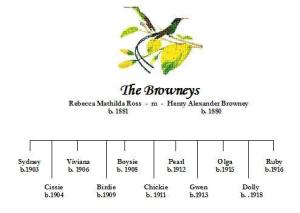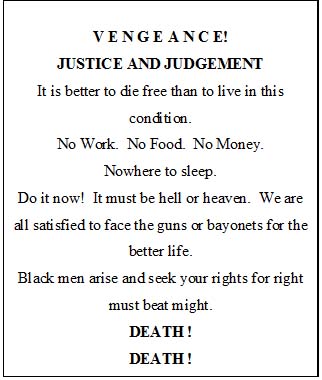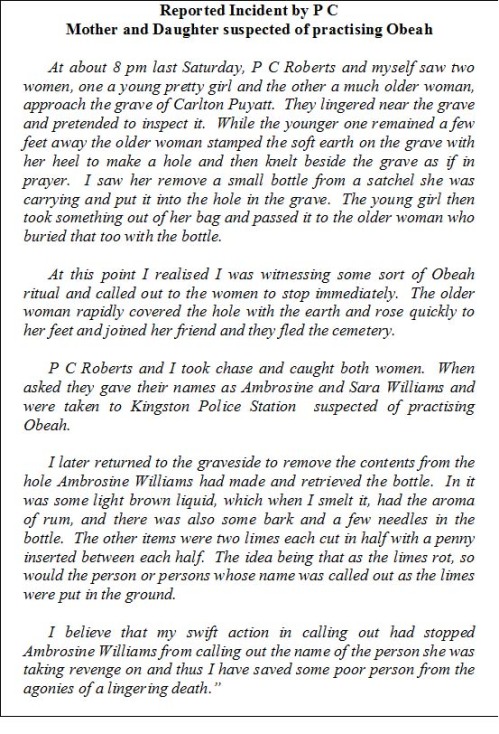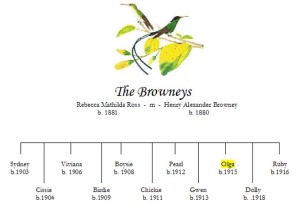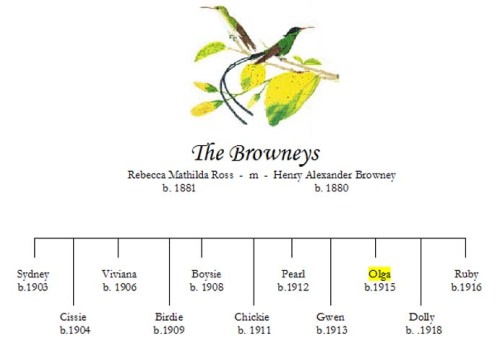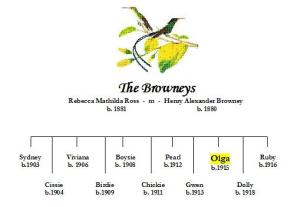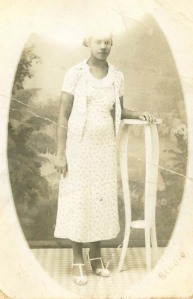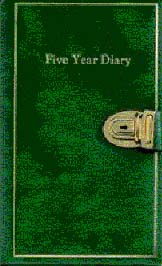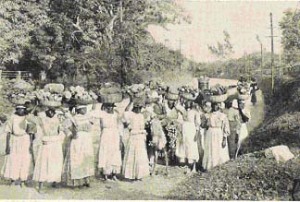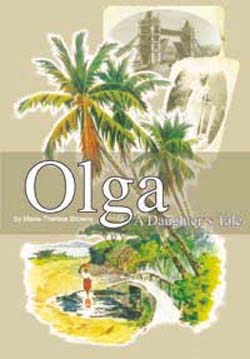<—- Sydney Shoots a Burglar Christmas in Jamaica with John Canoe —->
1938 was a very diffcult and dangerous time for the Browney family living in Kingston. In May of that year workers all over Jamaica went on strike and the unemployed joined them marching and demonstrations. The banana trade had declined drastically and unemployment was high, there was only occasional work, bad nutrition, poor housing, very little health service and a high cost of living.
The strikes started with the men working on the Kingston docks striking for better wages and the unemployed joined the strike demanding work. It was a brutal time with strikers and demonstrators being imprisoned or beaten to death.
In that year, Mammie (my grandmother Becky) made a decision regarding her daughter Olga (my mother) that was to have far reaching consequences for Olga that no one could have foreseen and changed her life irrevocably.
Click to Enlarge Image
Today started with some astonishing news in the newspaper. Several passengers on the train from Kingston to Montego Bay were seriously injured and taken to hospital when the train they were travelling on derailed at high speed. A trackman, who witnessed the accident, said the train was going very fast, so much so that he said to the rail man next to him “that the train is moving as fast as an aeroplane.”
Passengers reported that they had to hold on to something when the train went round bends because it was going so fast and the carriages were wobbling badly.
What made this news so startling to me was that Olga should have been travelling on that train. She had wanted to spend the weekend with Cissie and Dyke but because of the riots in Kingston she didn’t want to leave me and her sisters alone, even though Boysie had promised to look in on us from time to time, assuming, of course, he could get through the mobs uninjured himself. So she didn’t make the journey. Olga has a guardian angel, I’m sure of it.
Strikes and Demonstrations: The rest of the news is still very bad. Industry is in decline and conditions are terrible. Unemployment is high, there is irregular work, wages are low, and there is poor housing, poor nutrition and a high cost of living. This, of course, only applies to the blacks. We middle and the white upper classes still manage to live quite well.
There is rioting on the streets of Kingston and I have forbidden the girls to go outside unless they are accompanied by Boysie.
No cargo has been unloaded from the ships in the harbour for days. The dock workers in Kingston and the sugar workers in Westmoreland and Clarendon have all gone on strike for better wages and working conditions. Everywhere on the island, workers are asking for jobs, higher wages and better living conditions. From early in the morning, yesterday, thousands of men and women marched in procession through the streets of Kingston visiting public offices and stopping at the various wharves and forcing work to stop at Myer’s Sugar Wharf, where some labourers had broken the strike.
The owners of the businesses have threatened that if a solution is not found soon, they will close their businesses down altogether and move off the island By all accounts it was an ugly scene. The security forces are everywhere eyeball to eyeball with Alexander Bustamante, who is organising the labourers now. Mobs are forcing shops to put up their shutters and molesting people in cars, sometimes robbing them of their money. Mobs are pulling people off the trams and buses and forcing the drivers to take the vehicles off the road. Last night this leaflet was slipped under our front door.
Later on I stood on the veranda upstairs and watched an enormous crowd gather at the end of King Street and then march up the street headed by a large negro with a big drum which he was beating vigorously. Right in the middle of King Street the crowd was met by a line of police all armed with batons. Behind them were a line of police with rifles. The mob was stopped and cleared right off the street with hardly a blow made.
That same night dozens of cars full of “special constables” armed with any and every kind of weapon patrolled the streets of Kingston and St Andrews. Stones and bricks were hurled at them from all sides, but they chased people off the streets and beat up those who resisted. These are frightening times in Jamaica.
Later that evening: Sydney came to see me, the first time I’ve seen him since our quarrel, because he is concerned for our welfare and safety. We talked, rather uncomfortably at first, and Sydney explained at some length what I had failed to realise. That his business is also feeling the economic downturn, just like most others in Kingston. He has agreed to resume helping me financially providing I agree to move to a smaller house.
We talked about Olga wanting to go to England and I have told Sydney I think she should have the opportunity. He agreed that with all the unrest on the island and the bicycle business being quieter these days, it would be good for Olga to go now, particularly, as the threat of Britain going to war has receded since Neville Chamberlain secured Adolf Hitler’s promise that he will not invade Europe further (Munich Agreement). Sydney has agreed to pay Olga’s fare, providing she only stays six months. We both agreed this unrest cannot continue for much longer and he is keen that Olga should continue doing his business accounts.
As Sydney was leaving he bent down and picked up an envelope with my name on and had been slipped under the front door. In the envelope was a note from Henry and a newspaper cutting.
Henry wrote that the top half of the newspaper was missing, so there was no way of knowing how old the article was. I decided not to send it to Vivie as she is well and happy in America so why stir up bad memories. But it demonstrates the power of suggestion. Vivie thought she was Obeahed and suffered genuinely as a result, but here is proof that the act was thwarted, so is Obeah all in the mind? I have always thought so.
I know my sojourns into Obeah are of great concern to Father Butler but there is a method to my madness which I have not confided in him because I know he would disapprove. I believe that psychologically Obeah is very powerful and I learnt from Lucy and John to use Obeah to get the results I want. I knew that once Aggie Burns heard I’d been to Annie Harvey, she would change her tune and encourage Sydney to be reconciled with us.
<—- Sydney Shoots a Burglar Christmas in Jamaica with John Canoe —>
If you enjoyed this post, please consider letting your friends know or leave a comment or subscribing to the feed to have future articles delivered to your feed reader.
